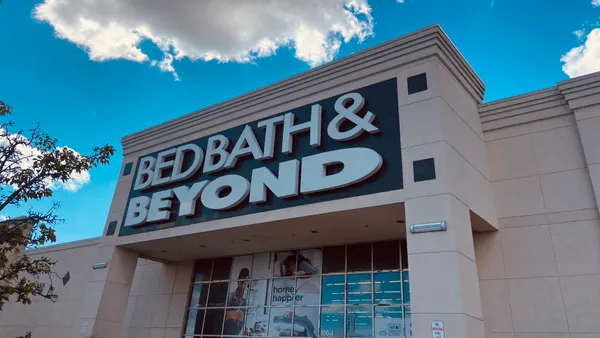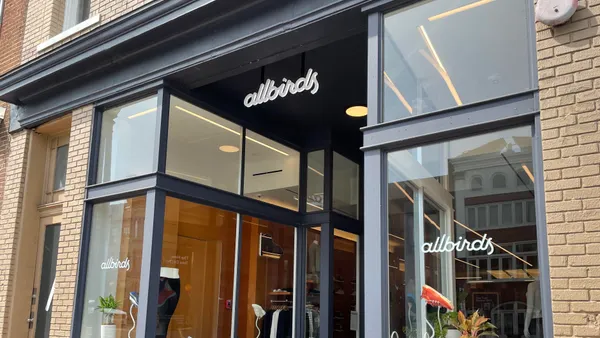Dive Brief:
-
Barnes & Noble has snapped back at a lawsuit filed in August by ex-CEO Demos Parneros, alleging the executive (who was fired in July for violating the company's conduct code) "intentionally sabotaged a potential acquisition of the Company to further his own self-interests, in direct contravention of the Board's clear instruction to proceed with negotiations and facilitate the potential transaction," according to court documents filed Tuesday.
-
According to the countersuit filed by the company, the potential acquirer (described as a book retailer) met with executives including Parneros multiple times in February and March. During one of those meetings, Parneros allegedly described Barnes & Noble as "spiraling" and "ugly," and refused several additional informal meetings with the potential acquirer's CEO. In April, the company received a proposal, and after further discussions and due diligence the book retailer increased the offer price in a proposal submitted in May, according to the court documents.
-
In June, a final meeting took place between Parneros, other Barnes & Noble executives and the CEO of the potential acquirer, during which Barnes & Noble alleges Parneros gave a lengthy monologue about the demise of the business. Executives from the potential acquirer canceled a planned dinner following the meeting and the next day withdrew its offer, citing the company's failure to explain its sales decline, according to the court documents.
Dive Insight:
Over the last five years, four first-time CEOs have walked in — and quickly out — of the chief executive role at Barnes & Noble. But none beside Parneros have left in such a contentious manner.
Parneros, who was hired as Barnes & Noble chief operating officer in 2016 and promoted to CEO in 2017, is also being accused of sexual harassment and bullying behavior. According to Barnes & Noble, on two occasions Parneros "inappropriately touched a female subordinate" and during the second incident "made an advance and used sexual language, making her feel uncomfortable and uneasy in his presence." In his initial lawsuit directed at the company, the former chief executive adamantly denied those claims and described the alleged incidents.
While in those documents he did not provide details as to how a potential deal fell apart, Parneros claimed there was no suggestion it was his fault.
As stakeholders point fingers, Barnes & Noble sales continue to dwindle. Consolidated sales in its most recent quarter fell 6.9% to $795 million, a decline executives were quick to blame on a poorly rolled out buy online, pick up in store service. "Comparable store sales sequentially improved each month throughout the quarter declining 7.8% in May, 6.1% in June and 4.5% in July," CFO Allen Lindstrom said on the call, adding that August comps declined just 0.8% and the company is set up for positive comps over the holidays.
The company has performed poorly over the last two holiday seasons. In 2016, the company blamed a 9.1% sales drop on the demise of the adult coloring book trend and the lack of an Adele-caliber blockbuster music release. Last year, sales plunged 6.4%.
As the critical holiday period approaches, Barnes & Noble is looking for a buyer – and a new CEO. Earlier this month, the company announced it has selected Evercore as its financial advisor and Baker Botts as its legal advisor to assist in evaluating strategic alternatives, including a potential sale of the business. The company has previously said it has received interest from multiple parties.
Despite obvious financial and management instabilities, the Barnes & Noble brand is still strong and could attract buyers, though a private equity deal is more likely, considering the bookseller still operates 629 locations across all 50 states and struggles with a costly supply chain. In the end, Barnes & Noble may have lost its opportunity to radically right the ship, Daniel Raff, associate professor of management in Wharton's business school at the University of Pennsylvania, told Retail Dive in an interview earlier this year.
"It might be that being a physical bookstore chain on a very large scale just isn't such a promising future," he said. "The real challenge for them is to manage what is going to be in the long term a decline, but that is still a perfectly viable idea with a profitable interim."












